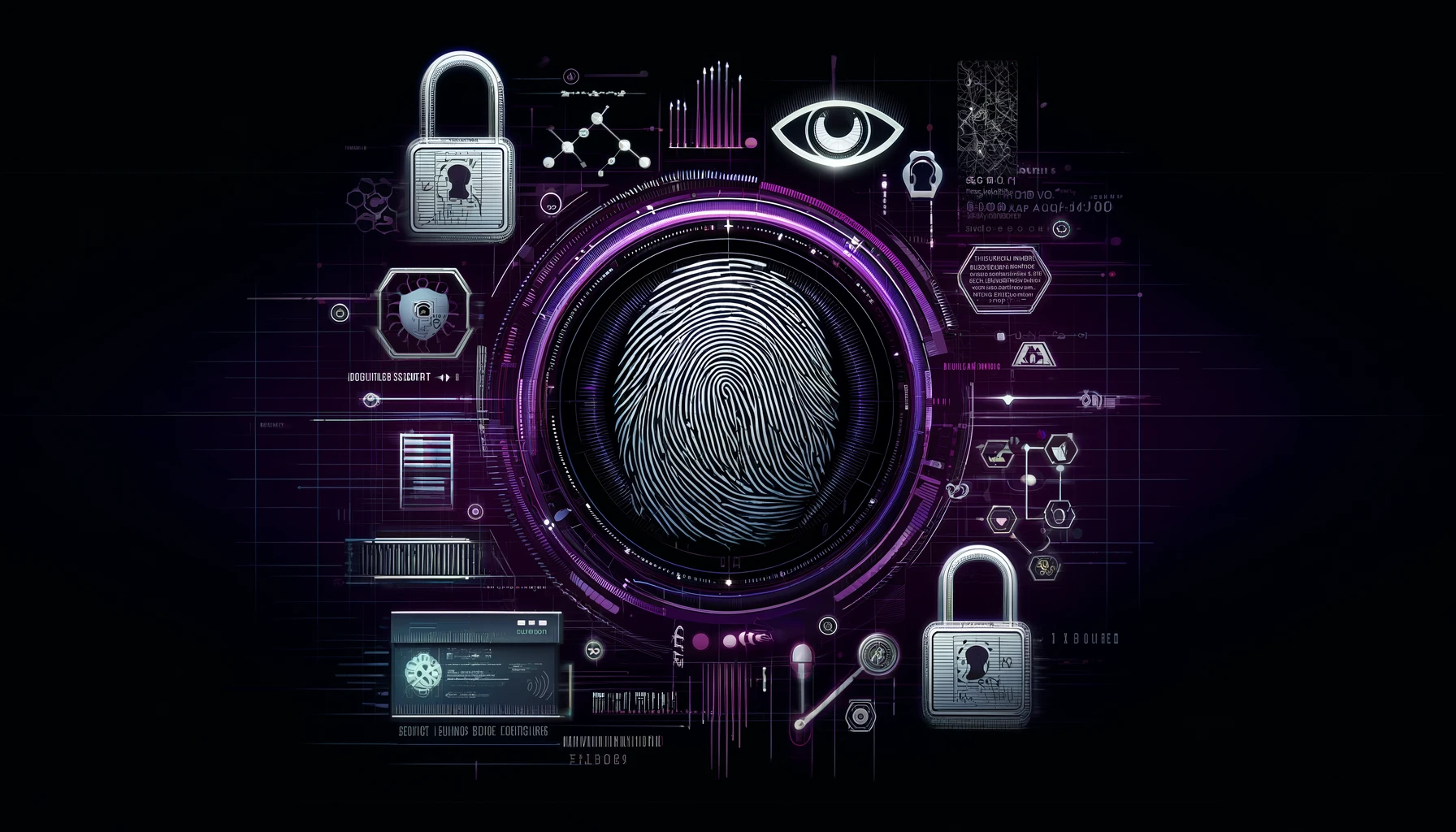Increasing Importance of Identity Security: The Era of The Mega-Breach & Gen AI
By John Gunn, CEO, Token | 6 minute read
Watch Webinar
In today's rapidly evolving cyber landscape, identity security is more critical than ever. As organizations face growing threats like data breaches and ransomware attacks, the role of identity and access management (IAM) has never been more vital. In a recent webinar, "The Increasing Importance of Identity Security in the Era of the Mega Breach," John Gunn, CEO of Token, and Jon Lehtinen, Senior Director of Security at Okta, shared their insights on the current state of identity security, key trends driving these threats, and practical steps for organizations to enhance their defenses.
Key Takeaways:
1. The Reality of Increasing Cyber Threats
- Cyber attacks are not only increasing but are becoming more sophisticated. While reports often vary in the exact percentages, the consensus remains that breaches and ransomware attacks are on the rise.
- High-profile cases, like those involving Clorox and MGM Resorts, demonstrate the far-reaching consequences of successful breaches.
- Organizations of all sizes are at risk. Small businesses cannot rely on being "under the radar," especially as low-cost ransomware-as-a-service tools proliferate.
2. Factors Driving the Surge in Cyber Attacks
- The commoditization of cyber attack tools, particularly with the rise of ransomware-as-a-service, has lowered the barrier to entry, enabling even amateur attackers to target small businesses.
- Generative AI is making phishing attacks more convincing and scalable, reducing the need for sophisticated technical skills.
3. Human Error and Legacy MFA Are Weak Links
- Users are often blamed for being the weakest link in security, but it's unrealistic to expect non-security professionals to identify increasingly sophisticated phishing attacks consistently.
- Legacy MFA, often based on outdated technology like SMS, cannot withstand current threats like MFA bombing or phishing-resistant attacks.
4. Modern Solutions: Next-Gen MFA and Zero Trust
- Transitioning to next-generation MFA solutions, such as phishing-resistant authentication (e.g., WebAuthn and passkeys), can significantly enhance security.
- Zero Trust principles should guide identity security practices: authenticate users, authenticate devices, analyze contextual data, and constantly review policies.
5. The Importance of Standards and Community Collaboration
- Supporting standards, like the Shared Signals Framework from the OpenID Foundation, can empower organizations to detect and respond to threats more effectively.
- Building a community around sharing best practices is vital to keep up with emerging threats and strengthen our collective defensive strategies.
Final Thoughts
Cybersecurity is a collective fight, with adversaries ranging from opportunistic hackers to nation-states. Organizations must prioritize identity security, adopt modern authentication standards, and leverage collective intelligence to stay ahead of the threats. Reaching out to experts, sharing best practices, and implementing strong IAM policies are essential steps in fortifying defenses in the era of mega breaches.
Watch the full Webinar above to gain deeper insights into these topics and hear the entire conversation between John Gunn and Jon Lehtinen.
Sign Up
Keep up to date with phishing and ransomware news.
Token will not sell, trade, lease, or rent your personal data to third parties.



